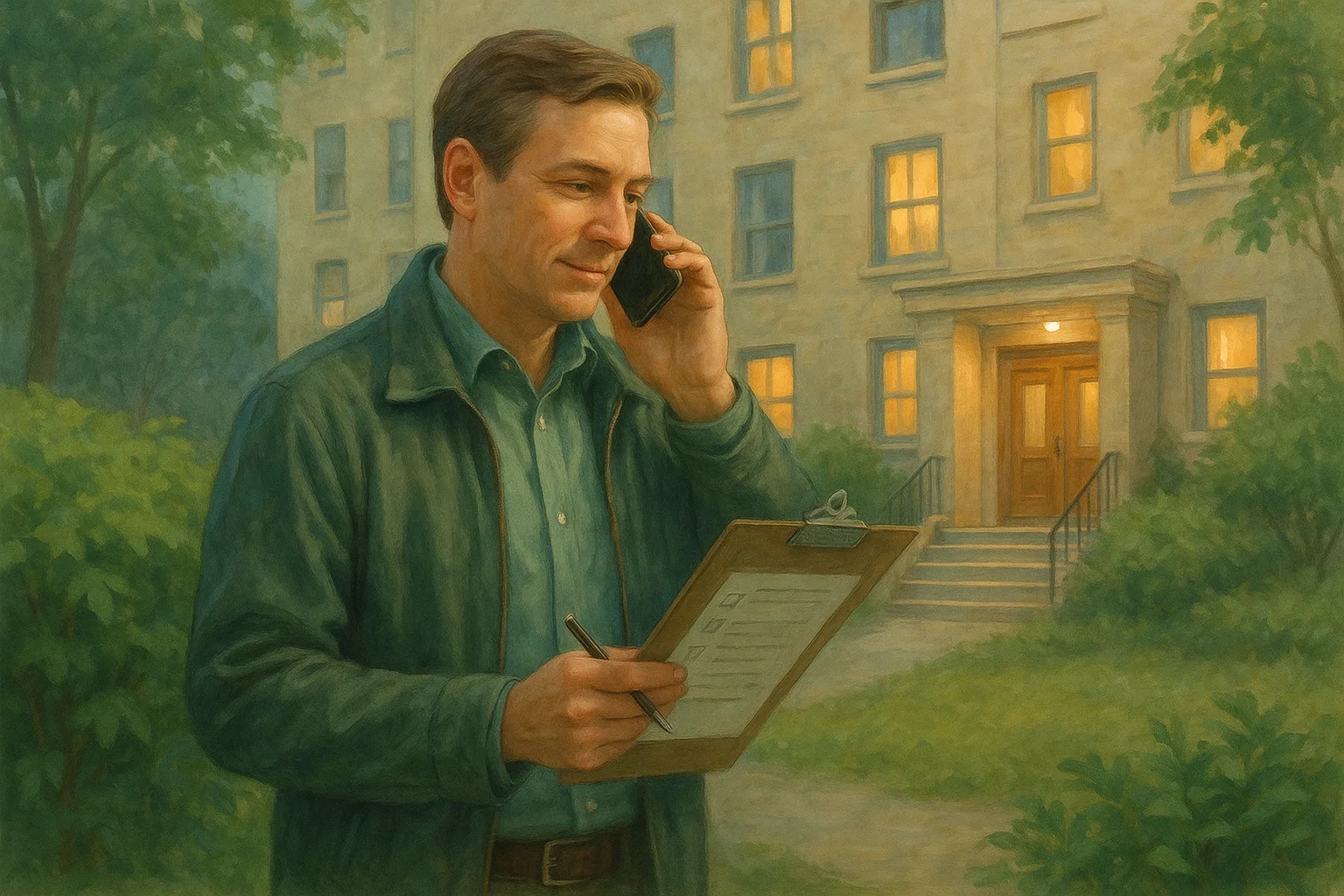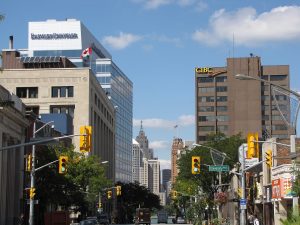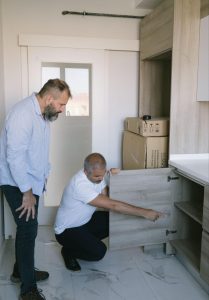Landlords are responsible for the maintenance of their properties. However, the kind of maintenance that falls on the property management company or the landlord must be stressed. Besides this, the kind of maintenance that should be regarded as an emergency must be established, as well as what can’t wait until normal business hours.
It is no strange news that the habitability of a property is always an essential component of any rental agreement. To meet the well-being and health demands of residents, rental properties must satisfy certain requirements. However, there are times when something goes wrong, it may not be a habitability issue but a problem that must be tackled instantly. How can we identify this fine line? Keep on reading!
Reducing After-Hours Calls From Tenants
A property owner must recognize their responsibility to ensure a habitable and safe environment for tenants. As a property owner, it is important that you provide prompt and efficient repairs that can keep tenants satisfied while reducing turnover rates. You can effectively reduce the after-hour calls by establishing distinct guidelines for the tenants while embracing critical maintenance. To learn more, keep on reading!
Know When To Wait And When To Respond
Anytime tenants wish to move in, a process that reports and handles emergencies must be promptly set up. Part of this includes establishing the important factors and scenarios that constitute an actual emergency, which can demand an after-hours attention or call. Besides this, as a rental owner, you must ensure that you take care of your part by handling all the necessary maintenance and repair issues.
Yet, it must be stressed that there is no need for your tenant to call during odd hours unless something important in the apartment is broken, which can significantly affect the safety and health of those residing in the building. This is the fine line that must be established to prevent misunderstanding. Some of these after-hours emergencies, which could require immediate action from you as the landlord, are listed as follows:
- Electrical issues
- Leaking roofs
- Gas leaks
- Backed up sewer lines
- Water emergencies
- Carbon monoxide detection
- Fires
- Non-working locks
These are some of the circumstances that could render your property unfit and unsafe for your tenants to reside in it. However, the other side of the “fine line”, which include some scenarios your tenants may consider emergencies, but are not, is listed below:
- Clogged or backed-up toilets or drains
- No hot water for a short period
- Parking issues
- Noise complaints
- Minor leaks that can be handled in the morning
These are circumstances that do not require any irrelevant after-hours calls. To prevent this, the onus is on you – as the landlord – to explicitly define all your expectations to your tenants.
Don’t Lose Touch with Repairs and Preventative Maintenance
Part of what makes a successful and lawful landlord includes providing your tenants with a habitable and safe environment. With this in mind, you need to keep up with repairs if you wish to protect your valuable investment property while also avoiding after-hour calls due to emergency maintenance.
It must be stressed that preventive maintenance will not completely solve all your repair emergencies. However, it can significantly contribute to keeping your systems operating at their absolute best. The most important thing here is to be able to detect any slight issue before it builds up into major issues that could warrant after-hour calls.
When the need for significant repairs occurs, huge bills often accompany them. Take, for instance, a small drip that becomes worse with time. When this happens, it can result in huge damage, as well as mold growth when left untreated.
For this reason, it is not a bad idea to establish a routine maintenance contract with any reliable HVAC vendor, plumber, or pest control expert. This can help you to handle your property appropriately, which could prevent any major issues. Tenants want to see you take important steps that can prevent issues from occurring while creating a safe environment for your tenants to thrive.
The list below includes some key preventive maintenance responsibilities for property owners and tenants:
- Shut Off Water to Outside Spigots Every Fall
- Replace HVAC Filters Quarterly
- Periodically Re-Stain or Power Wash the Deck and Fence
- Remove Leaves and Debris from the Yard Each Fall
- Clean and Remove Debris from Gutters Every Fall
- Power Wash Your Porch and Siding Every Few Years
- Drain the Water Heater
- Test Smoke and Carbon Monoxide Detectors
- Re-caulk Showers and Bathtubs
- Check for Any Activity that Violates the Lease Agreement
Understand How to Manage After-Hour Calls From Tenants
After-hour calls from tenants are what you can expect as a property owner. For this reason, you must make plans to manage after-hour calls from tenants. To do this, these processes can help you:
- Provide contact information in case of an emergency
- Ask relevant questions
- Respond in time
Provide contact information in case of an emergency
The first thing is to ensure that your tenants have the means to contact companies that are equipped to tackle your after-hour emergency. This will create a direct line of communication, which can make it easy to tackle emergencies. A comfortable means of delivering this information is to include it during lease signing. You can also show your tenants how to handle utilities on your property.
Ask relevant questions
Gathering all necessary information is very important, especially anytime an after-hours call demands instant decisions. With this in mind, the first course of action is to determine exactly what is happening.
Respond in time
Responding in time is essential, particularly during an emergency. This not only reflects a sense of legal obligation but also shows that your tenants remain your priority.
Conclusion
Which repair and maintenance issues can you consider emergencies? Which ones can wait until regular business hours? Understanding this is very important, especially when you are renting out an apartment. Your tenants must be on the same page with you about how to define emergencies to prevent any late night calls.






